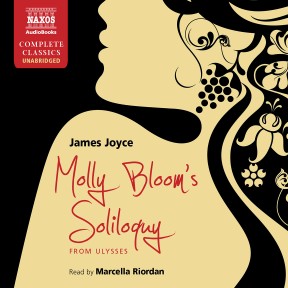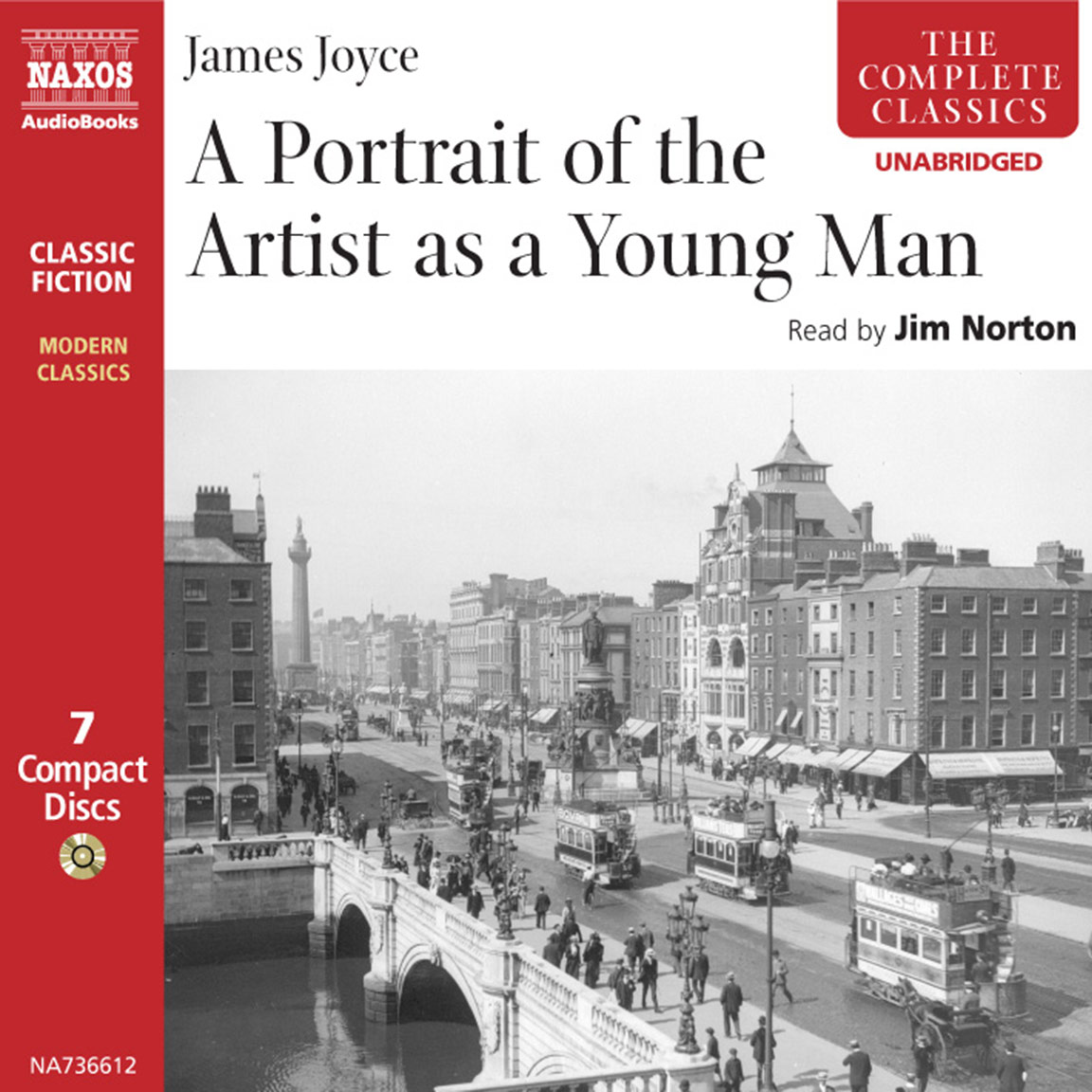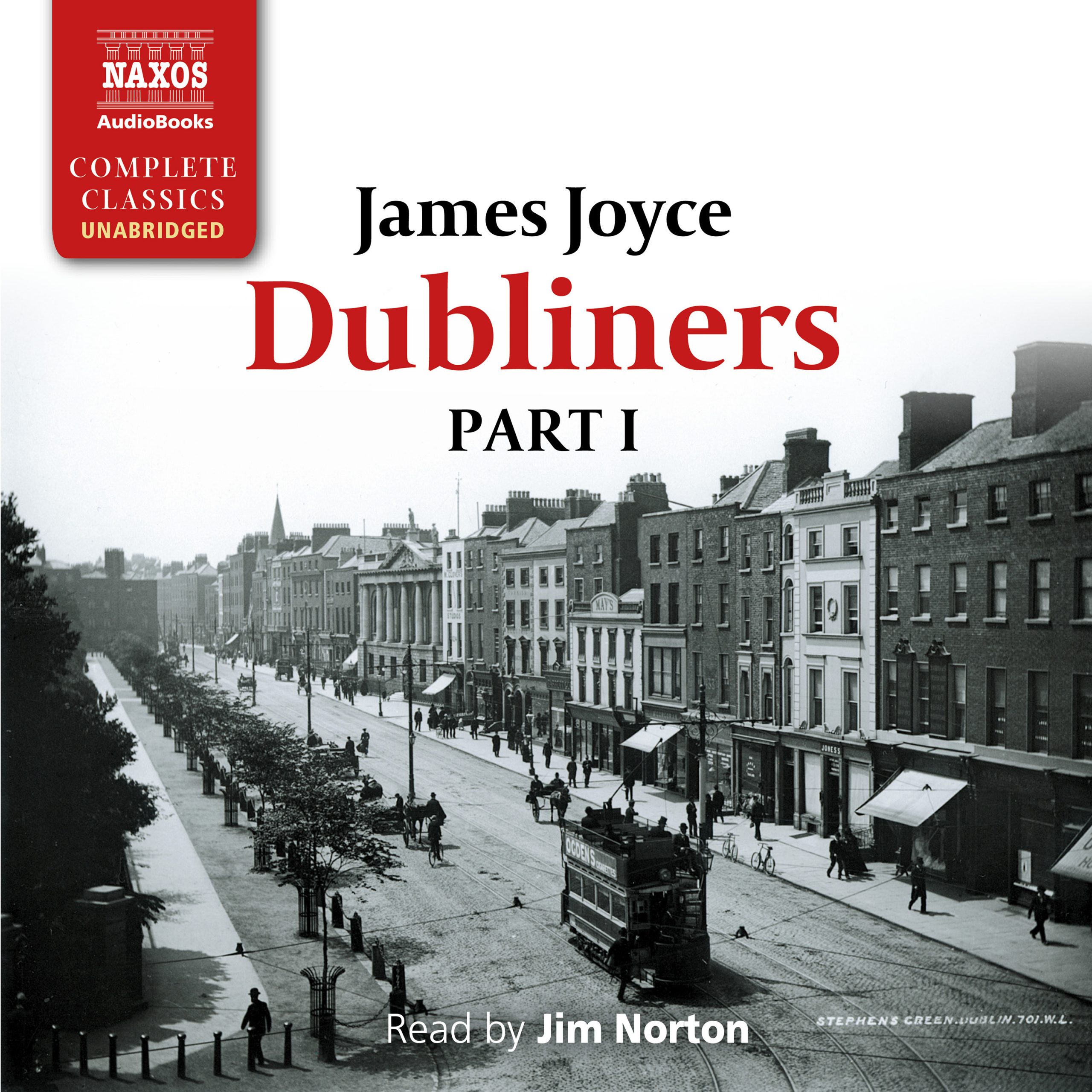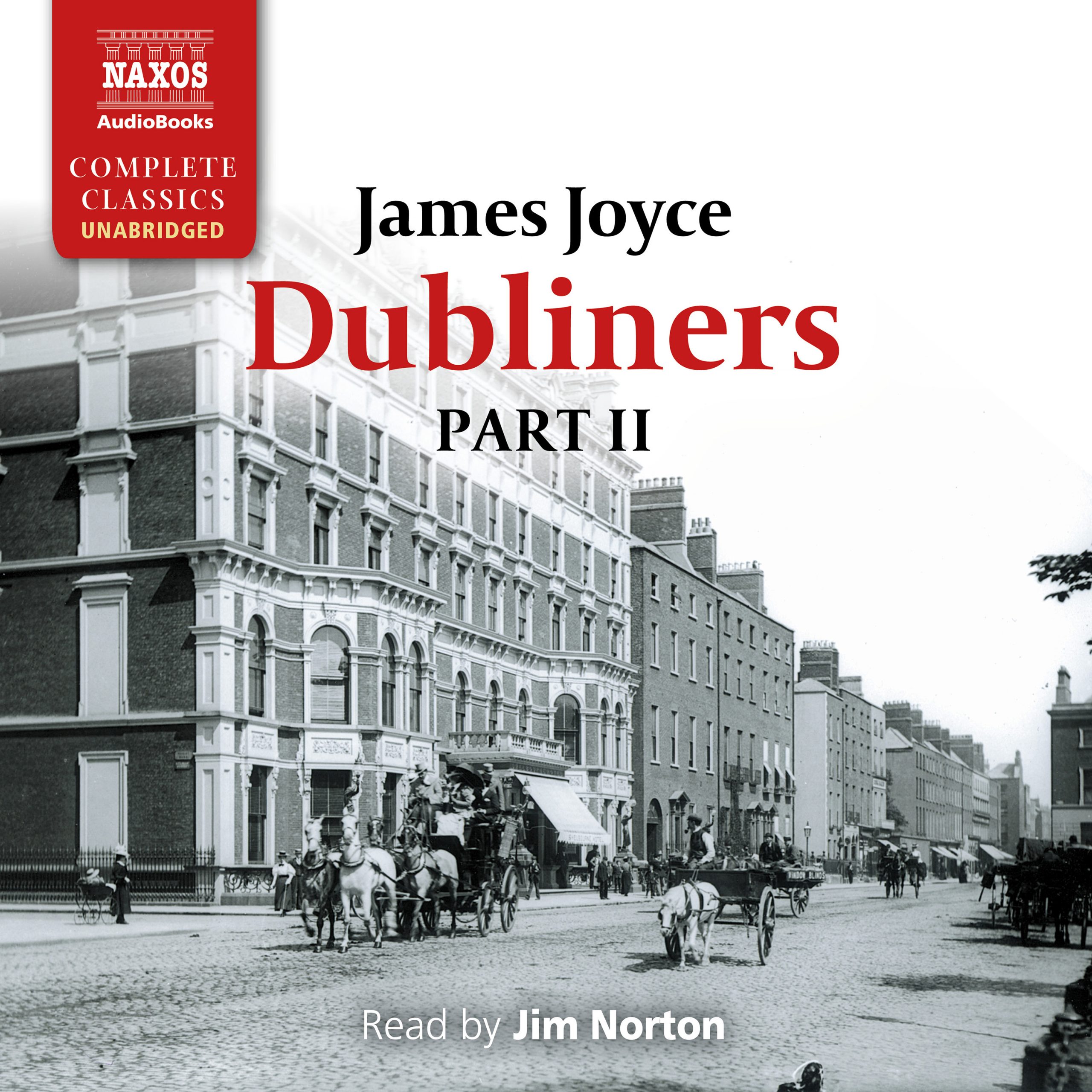
Audio Sample
James Joyce
Molly Bloom’s Soliloquy
Read by Marcella Riordan
unabridged
Molly Bloom’s famous soliloquy from James Joyce’s Ulysses is a languorous internal monologue, in which the passionate wife of Leopold Bloom meditates on love and life. While Bloom sleeps beside her (head to toe), Molly recalls her many infidelities, including the energetic sexual encounter enjoyed that very afternoon. Though difficult to read straight from the page, Marcella Riordan’s beautiful reading of this passage brings out all the wit and passion of one of the finest passages of writing in modern literature.
-
2 CDs
Running Time: 2 h 24 m
More product details
ISBN: 978-1-84379-624-4 Digital ISBN: 978-1-84379-625-1 Cat. no.: NA0105 Download size: 35 MB BISAC: FIC004000 Released: May 2012 -
Listen to this title at Audible.com↗Buy on CD at Downpour.com↗Listen to this title at the Naxos Spoken Word Library↗
Due to copyright, this title is not currently available in your region.
You May Also Enjoy
Booklet Notes
…I don’t care what anybody says itd be much better for the world to be governed by the women in it you wouldn’t see women going and killing one another and slaughtering when do you ever see women rolling around drunk like they do or gambling every penny they have and losing it on horses yes because a woman whatever she does she knows when to stop…
The final chapter of James Joyce’s Ulysses is one of the most famous – some would say notorious – pieces of writing in 20th-century literature. It’s famous because, although very long, it’s written entirely without punctuation, as a so called ‘stream of consciousness’. It’s notorious because it was this chapter, principally, that got the book banned for 12 years following its first publication.
In 1922, the arbiters of taste and decency in the English speaking world were not yet ready for explicit and intimate discussion of sex, especially from the mouth of a woman (even if they were put there by a male author). Nowadays, such explicit material is less remarkable and even the lack of punctuation seems less challenging in a world of text-speak. Even so, it’s hard to read, because Molly’s sleepy interior monologue drifts realistically from topic to topic, introducing thoughts and fragments of thoughts without warning, as they occur in real life. That’s why a recording such as this is so useful. Here, Marcella Riordan makes sense of every word and every sound of Joyce’s text, bringing all the warmth, wit and passion of Molly Bloom to life perfectly.
So who is Molly Bloom? She is an amateur singer and the wife of Leopold Bloom, the middle aged Jewish seller of newspaper advertising who is the central character of the book. The plot of Ulysses unfolds over the space of a single day in Dublin – 16 June 1904 – tracing Bloom’s day from breakfast to bedtime. During the course of the day he wanders the streets of the city, encountering a variety of engaging characters and getting into some interesting scrapes along the way. His wife Molly, meanwhile remains at home, mostly in bed. The highlight of her day, as Bloom well knows, is the arrival at 4pm of her most recent lover, Blazes Boylan. Boylan is a concert impresario who has organised a concert tour for Molly, and he has arranged to come over to her house and ‘go through the programme’ with her. Bloom knows full well what this means, and so, it seems, does the whole of Dublin. More than one of Bloom’s associates, when he informs them of the impending tour, asks him knowingly ‘who’s getting it up?’
Normal marital relations between Leopold and Molly have, we learn, been non-existent for some years, ever since the death of their young son Rudi, which tore them apart. Molly, however, is a passionate, sexual woman in her prime, and the list of her lovers, all known to her husband, is long. Thus when Bloom climbs the stairs and prepares for bed in the early hours of 17 June, he takes up his usual position, his head at the foot of the double bed, muttering vaguely about eggs.
At this point begins the long interior monologue – 22,000 words – which closes the novel. Bloom’s day is done, but Molly – having spent the day in bed, one way or another, is not finding sleep easy. Her mind races, first taking up the half-heard comment about eggs, and then quickly moving on to reminiscences of the distant and recent past. She recalls her husband’s pathetic attempts at infidelity, and her own rather more successful ones – these in very graphic detail. She assumes that Bloom ‘came somewhere’ – he did, but not in the way she imagines – and speculates about his latest liaisons. Often her mind drifts back to Gibraltar, where she lived as a girl, and to her father and other characters of those days. From time to time the songs she is to perform on the concert tour come into her head. In particular, the popular ‘Love’s Old Sweet Song’ pre-occupies her – how to enunciate certain words, and the protracted note on the word ‘so-o-o-ong’, which seems to be echoed by passing trains: ‘frseeeeeeeefronnnng train somewhere whistling…’. Unable to move much in bed for fear of waking her husband, she also wrestles with bodily discomforts (wind, the onset of her period) and eventually finds it necessary to slip out and use the chamber pot beside the bed.
Finally, towards dawn, she begins to succumb to sleep. Romantically, her final thoughts are of the day that she agreed to marry Bloom (‘well as well him as another’) lying in the grass up on Howth Head above Dublin Bay, and she remembers how she got him to propose to her. There is an inevitability about her answer, for throughout the soliloquy Molly has punctuated her stream of consciousness with the word ‘yes’, thrown in almost as a marker for a new topic or a change of mood. As the chapter reaches its closing lines, the appearance of the word ‘yes’ increases in regularity, until the final line reads: ‘he could feel my breast all perfume yes and his heart was going like mad and yes I said yes I will yes.’ And here Joyce writes the chapter’s only full stop.
Notes by Roger Marsh




